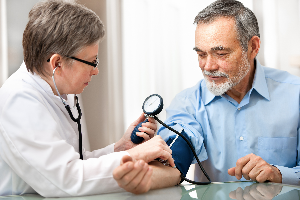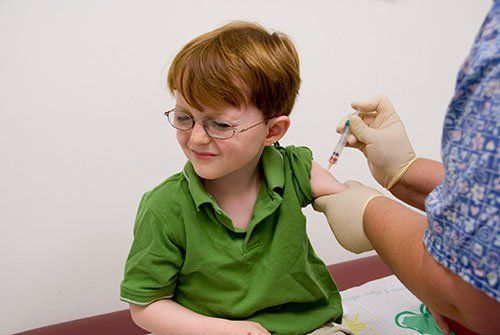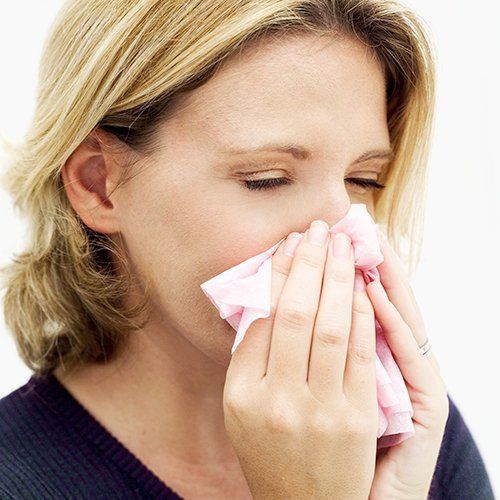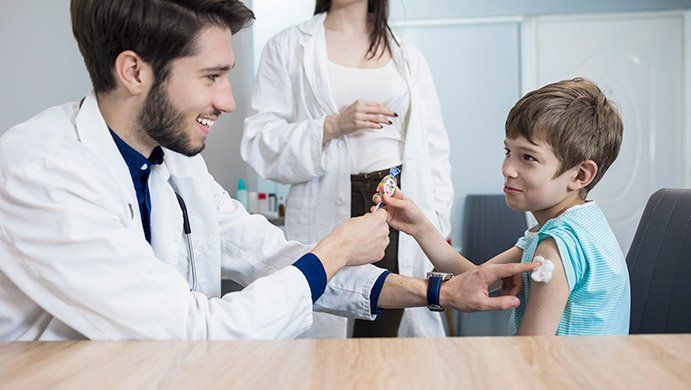HPV and Vaccines | Hampstead Medical Center PC
Admin • April 1, 2021
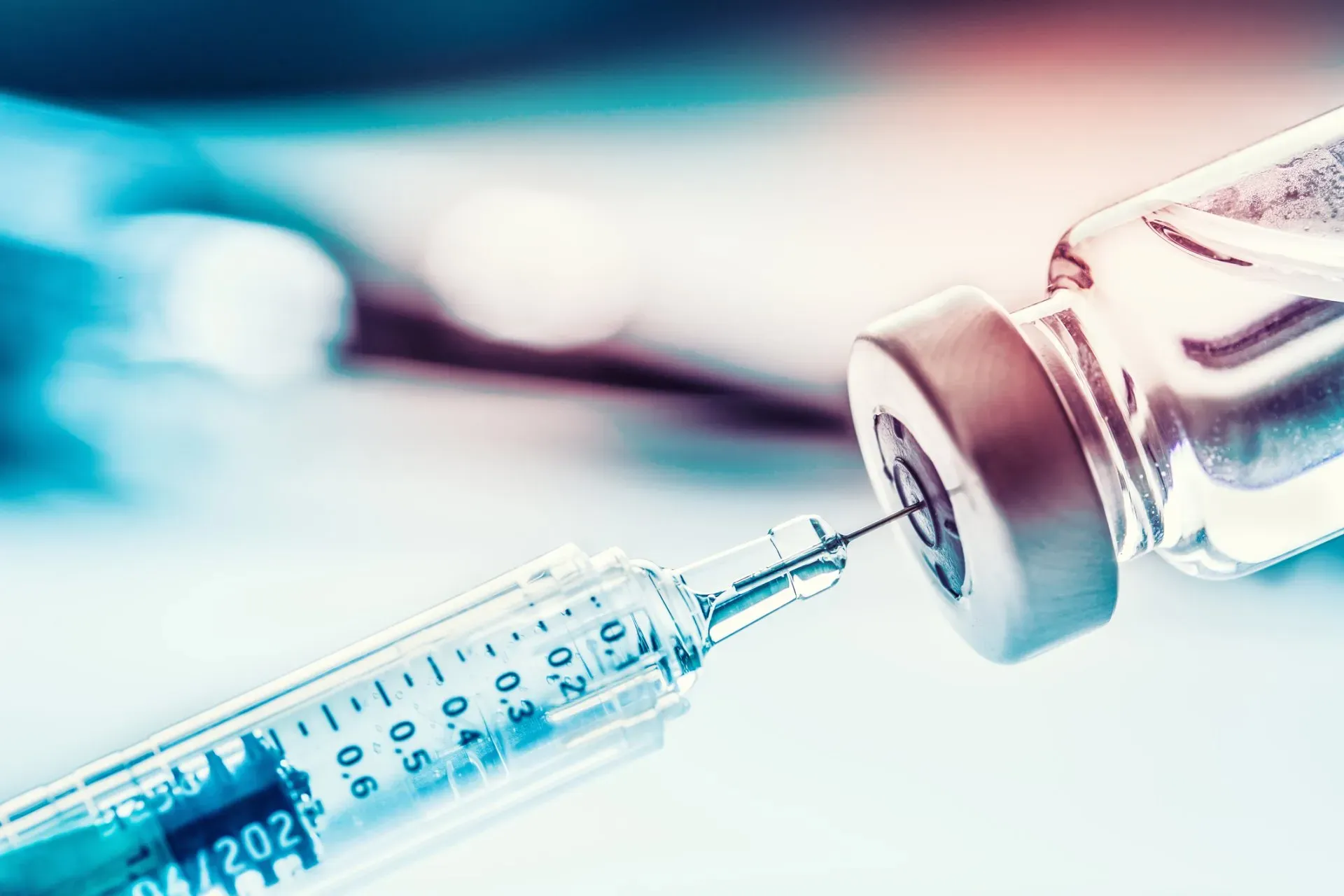
Considering The HPV Vaccine? Here's What To Know
In the past, individuals under the age of 27 were not approved by the FDA to have the vaccine protecting against HPV, also known as Gardasil. Thankfully, this has changed and the FDA has now approved the vaccine to include individuals up to the age of 45.
If you have been thinking about the HPV vaccine for yourself or your child, you may have some questions. This guide seeks to answer many of your questions about HPV and the vaccine covering it.
What Is HPV?
HPV, or human papillomavirus, is a virus that spreads via physical contact. As far as HPV is concerned, transmission typically occurs via sexual contact. This contact can be vaginal, oral, or anal.
Several strains of HPV exist. In fact, there are thought to be more than 200 different types
of HPV. Vaccines prevent several strains that could impact the vulva, vagina, throat, penis, anus, or scrotum.
About 79 million
people in America have HPV, according to the CDC. The condition impacts many teenagers and individuals in their 20s, but anybody can be at risk.
What Are the Symptoms of HPV?
The symptoms of HPV are often non-existent, and that is why HPV can be so dangerous. People can spread it to many other people without realizing that they ever even had a health condition to pass on.
Unfortunately, those cases in which HPV shows symptoms can be serious. Individuals with HPV may experience immune system issues, genital warts, and cancer. For this reason, many people consider the vaccine to prevent the condition from developing.
Keep in mind that you can begin exhibiting symptoms of the condition years after you contracted it. For many people, this makes it difficult to determine when and where the HPV strain came from.
How Can You Tell If You Have HPV?
Many people have no idea that they have HPV, and this is because no text exists to tell people that they are HPV positive or negative. Cervical cancer screenings in women are among the most reliable methods of determining if somebody has the condition. Unfortunately, they are not available for all women and no screening method for men currently exists.
If you have genital warts, this is also an indicator that you might have HPV. Your doctor may be able to provide you with some options to reduce and prevent warts from appearing frequently. You may also have the option of medication to reduce pain associated with the warts.
HPV is incredibly common, so it is wise to take steps to prevent yourself from getting HPV. Most people should expect to get HPV at some point. Of course, this does not mean they should expect to experience the symptoms.
How Can You Prevent HPV?
Vaccination is an option for individuals who want to avoid HPV and avoid passing HPV to others. Speaking with your doctor is the best way to inquire about the HPV vaccine.
The vaccine is not the only precaution you should take to prevent HPV. Women should come in for regular screening for cervical cancer. Cervical cancer screenings typically screen for HPV as part of a regular pap smear.
Wearing a condom during sexual intercourse can prevent HPV in some cases, but you should not rely on this method of protection. Condoms are not always effective at preventing transmission, especially because the virus can affect body parts not covered.
Hampstead Medical Center PC
offers health care services that fulfill the needs of a wide variety of patients. We provide general healthcare as a family practice, including services for children, teens, adults, and seniors. Call our office today to get started.

The IUD, or intrauterine device, is one of the most effective methods of birth control available. Unlike birth-control pills, you do not need to remember daily to administer medication, and the device itself lasts longer than shots and is easier to use than rings. Many women find all of these benefits desirable for a birth-control method. There are two general types of IUDs available to women. The first type is the copper IUD, and the other is hormonal. Which one is right for your personal birth-control needs?
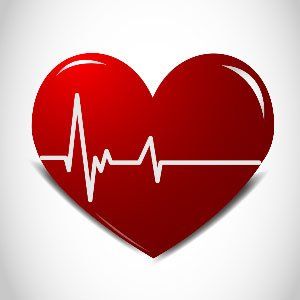
Although the risk of cardiovascular disease increases as you get older, many people who die suddenly of a heart attack didn't previously know they had heart disease. That's why identifying risk factors for heart attack and stroke is so critical to cardiovascular health. Fortunately, with regular exams and the many types of screening tests available, doctors can detect early signs of heart disease.
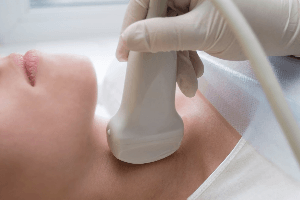
Even if you've never had cause to doubt your thyroid function, if you're a female who has recently given birth, you may be at risk for thyroid issues. An estimated 12 percent of Americans deal with thyroid trouble at some point during their adult lives, and women are significantly more likely than men to develop a thyroid-related ailment. Unfortunately for new mothers, many of the most common signs of an underactive thyroid (like weight gain, mood swings, fatigue, and irritability) are also quite common for those dealing with a newborn's frequent night wakings and the realities of a post-partum body. Read on to learn more about some common (and not-so-common) signs that you could be dealing with a pregnancy-induced thyroid problem as well as some treatment options that can be safely administered or performed while you're breastfeeding. What Can Cause Thyroid Problems During Pregnancy? As with many other hormonal disorders, there are often more questions than answers when it comes to thyroid function. However, researchers have pinpointed a few factors and health conditions that can raise the risk of a woman’s developing a thyroid issue during or immediately after pregnancy. For example, while only around 7 percent of women are at a general risk of developing postpartum thyroiditis, this risk increases to 25 percent for women who have Type 1 diabetes or who dealt with elevated antithyroid antibodies during pregnancy. Women whose anti-peroxidase (anti-TPO) antibodies were elevated during pregnancy may have a 1 in 2 chance of developing postpartum thyroiditis, and those who have dealt with thyroid issues in the past (or during previous pregnancies) also deal with a significantly increased risk. In other cases, thyroid problems may have no cause that can easily be pinpointed; the rush of various hormones during pregnancy and the strain they can put on various systems, including the endocrine system, can create a sort of "perfect storm" in which thyroid problems may thrive. What Are Some Signs You're Dealing With Post-Pregnancy Thyroid Issues? Thyroid problems can take a number of forms, including hypothyroidism (an underactive thyroid), hyperthyroidism (an overactive thyroid), Graves' disease (an autoimmune condition that causes goiter), or Hashimoto's disease (an autoimmune condition in which the body's immune system attacks healthy thyroid cells, eventually stopping all thyroid function). The signs and symptoms for each thyroid disorder are unique and often at opposite sides of the spectrum. For example, hypothyroid patients often report being cold, having dry skin, sleeping more than normal, or gaining weight without trying while hyperthyroid patients sweat profusely, suffer from insomnia, and can lose a significant amount of weight in a brief period. Postpartum thyroiditis often manifests as either an underactive or overactive thyroid, which usually normalizes itself in a few months. Symptoms lasting longer than that or that appear to be getting worse may necessitate medical intervention. What Treatment Options for an Underactive Thyroid Are Best for New Mothers? Whether you suspect you have postpartum thyroiditis or have been formally diagnosed, you may be worried about how your potential treatment options could impact your ability to breastfeed and what effect (if any) they might have on your child. Fortunately, there are a number of effective options from which to choose. If your postpartum thyroiditis is deemed autoimmune in origin, there is some evidence that taking selenium supplements could help normalize your thyroid function without requiring you to take hormonal medication (which might pass into your milk supply). If your symptoms aren't severe and don't impact your daily life, you may instead opt for watchful waiting, maintaining contact with your doctor and reporting any worsening symptoms but avoiding medication or other treatment for the time being. However, if your doctor recommends supplemental thyroid hormone, this usually means some intervention is necessary to prevent permanent damage to your thyroid and the organs and systems that depend on a steady dose of hormones. Make an appointment with Hampstead Medical Center PC to get started taking care of your health.

